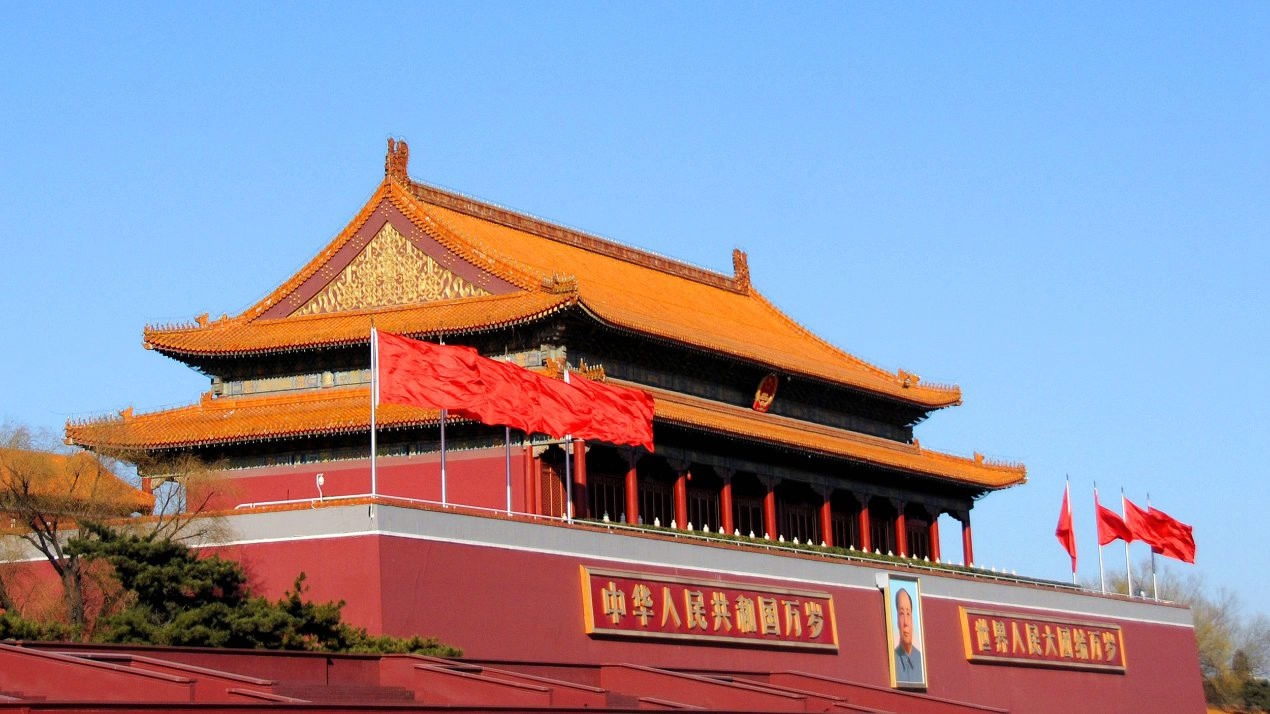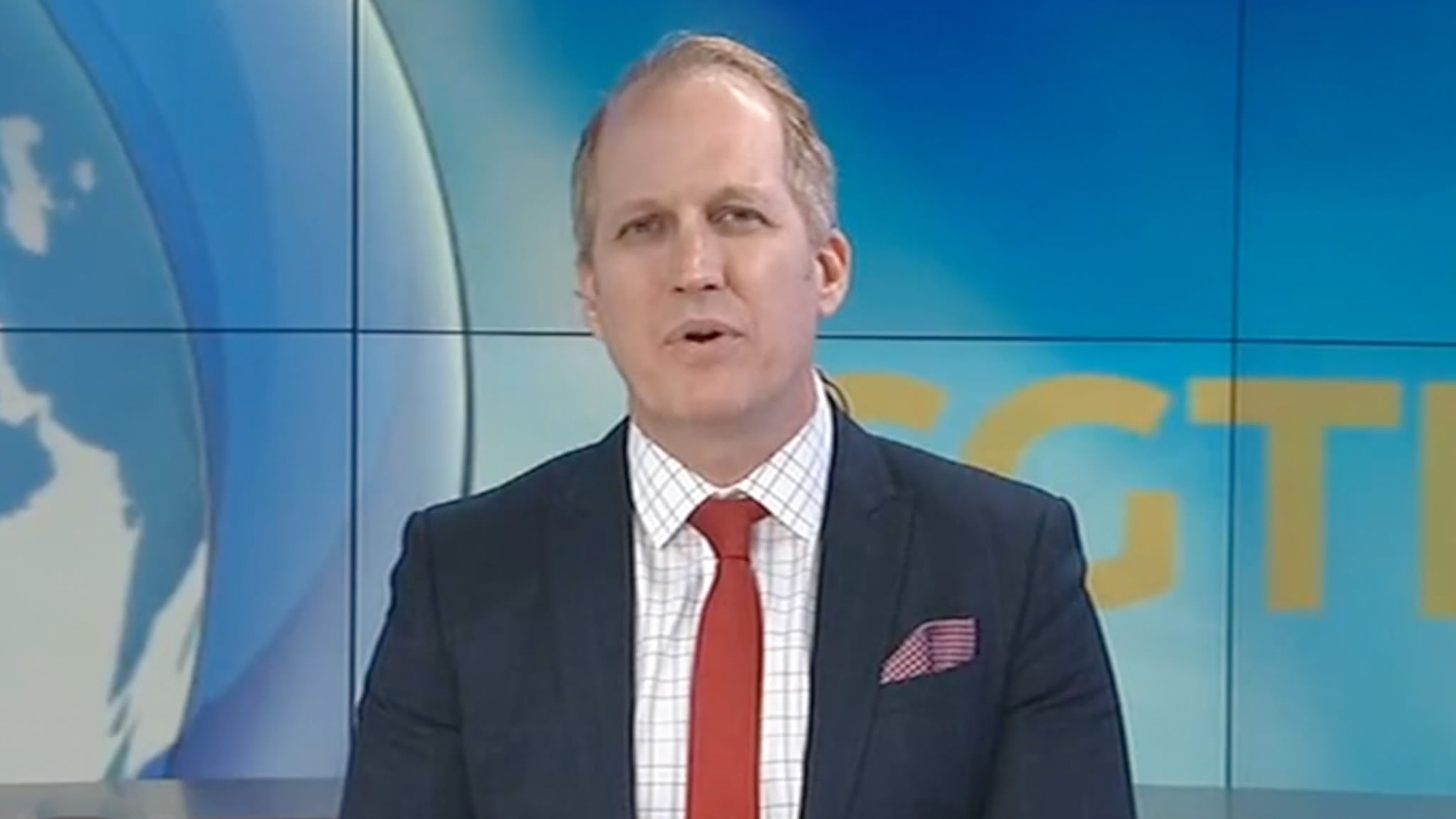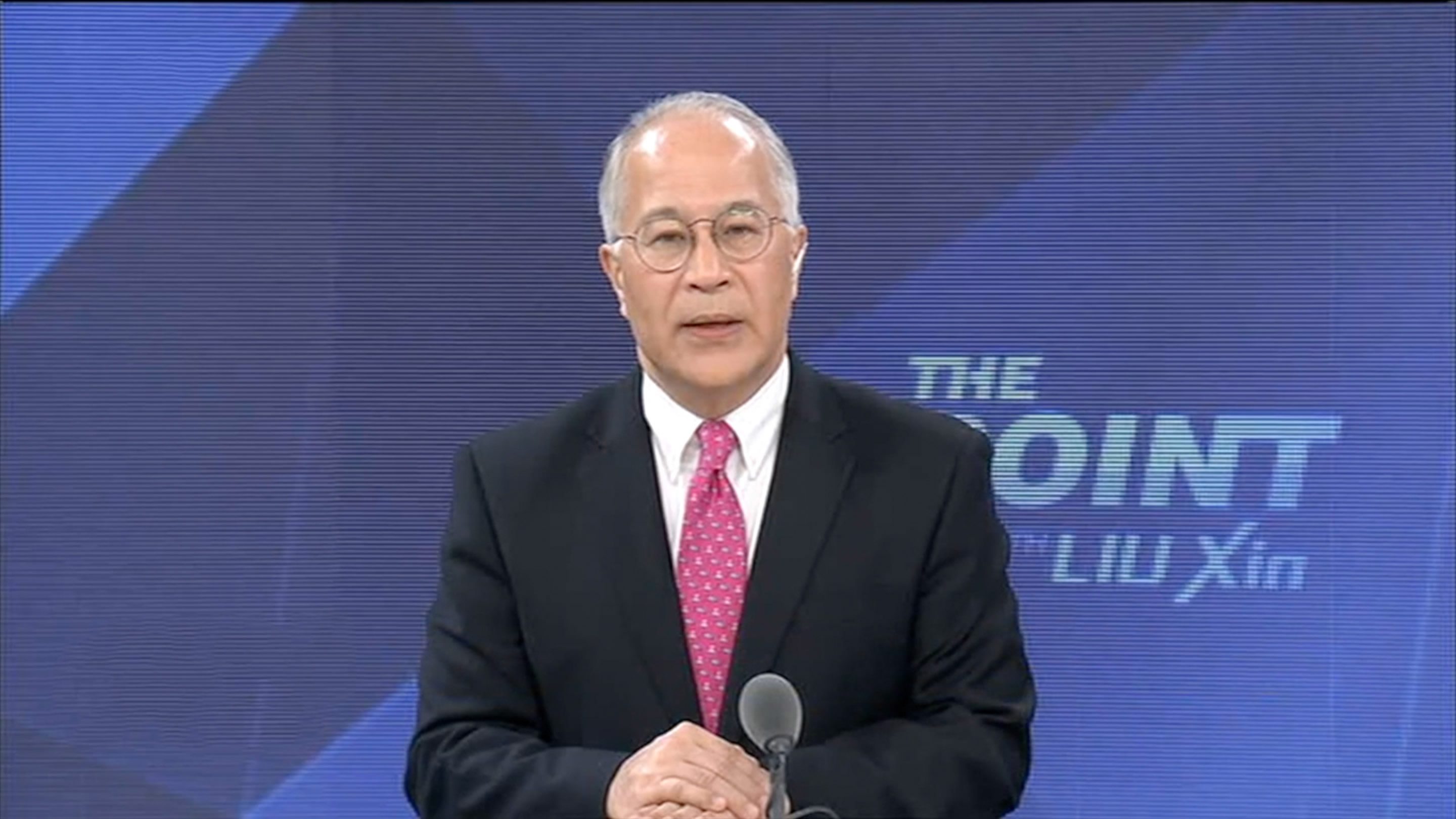
Opinions
12:47, 27-Oct-2017
What is the importance of Xi's Thought in the eyes of foreign analysts?
By CGTN’s The Point

The 19th National Congress of the Communist Party of China (CPC) drew the curtains on a new political theory that will guide China towards becoming a "great modern socialist country" by the mid-21st century with the CPC at the helm. "Xi Jinping Thought on Socialism with Chinese Characteristics for a New Era" was enshrined in the Party Constitution, marking a great stride in the sinicization of Marxism.
With the new amendment to the Constitution, Xi joins the ranks of pre-eminent CPC leaders whose contributions to the theory and practice of the Party have helped shape the New China and propel its rise.
Xi’s Thought answers China’s challenges, opportunities and conditions in the new epoch. The 14-point fundamental principles of Xi’s Thought range from solidifying the Party’s leadership to upholding China’s efforts to build a community with a shared future for mankind.

Interpretation of Xi's Thought
"Mao Zedong Thought was about making China independent, then Deng Xiaoping’s era made China prosperous. The idea behind the core intention of Xi Jinping Thought is this idea of Chinese greatness, the revival of China’s superiority in the global scene," Rob Koepp, director of the Economist Corporate Network told CGTN’s The Point.
For Einar Tangen, author and current affairs commentator, Xi’s political theory mixes the right doses of aspirationalism and pragmatism.
"With Mao, it was aspirational. When you had Deng come along, it switches to pragmatism. The dialogue becomes about ‘white cat’, ‘black cat’, about crossing the river by feeling the stones. But the problem with that one is it was too aspirational and the other one is not aspirational enough," he noted, adding that "Xi recognizes that".
"In one sense, China has reconciled the market economy with socialism" in its own way, he stated. "What you have with Xi is a blending of ideology with pragmatism".
But Tangen warned that the reconciliation of Marxism with traditional Chinese thought, Confucianism, could be a difficult task. However, its success will pay dividends.

If the CPC leadership is "able to do this, then you have an almost-complete model, which will allow people to say this is what China is doing, this is the aspirational part, this is the pragmatic part and this is how you get it done," he observed.
Vilifying communism
Establishing a communist society is the ultimate goal of the CPC – a goal that others have aimed for but one which remains to date in the realm of utopia. That however, has not stopped the West from demonizing the concept. But why exactly?
Koepp said historical images, such as the DPRK leader Kim Jong Un or the Cultural Revolution in China, with which the West associates communism are negative, regardless of whether they are a "true reflection of what communism is about".
For his part, Tangen expressed belief that China’s actions speak much louder than words.
"China has a good track record. I think it should be more confident about that and make people understand that Communism is not Stalinism," he asserted.
The Point with Liu Xin is a 30-minute current affairs program on CGTN. It airs weekdays at 9:30 p.m. BJT (1330 GMT), with rebroadcasts at 5:30 a.m. (2130 GMT) and 10:30 a.m. (0230 GMT)

SITEMAP
Copyright © 2018 CGTN. Beijing ICP prepared NO.16065310-3
Copyright © 2018 CGTN. Beijing ICP prepared NO.16065310-3